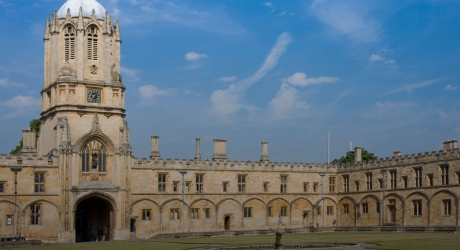The Sunday Guardian | July 30, 2017
The policy of avoidance simply means refraining from wasting time and energy in a futile conflict. By following this course, one gains the respite to prepare oneself adequately for future action. It provides the opportunity to become so strong and dominant that no one would dare do any harm to one. In the event of attempted injustice, there would be enough accumulated force to effectively repulse any wrongdoer.
The approach of patience, tolerance and avoidance is undoubtedly one of the most important principles of Islam.
By temperament, all men and women differ from one another in many ways. Everyone has experienced the disagreeable situations, arising from such differences. In social life, be it inside or outside the home, it is but natural that unpleasantness should occur from time to time. This is unavoidable.
Now whenever any negative situation arises one way of dealing with it is a head-on clash, i.e. an attempt to solve the problem by direct confrontation. Such attempts are abortive as they only aggravate the problem. In no way will they improve matters.
Islam tells us that on such occasions instead of behaving violently and fighting, we should opt for the course of tolerance and forbearance; instead of combating violence with violence, we should adopt the policy of avoidance; remaining united in spite of differences.
According to Islam, it is not only a point of social behaviour but also an act meriting great reward. Living with people, and observing their principles are acts which would deserve a reward in normal circumstances, but when one continues to be well-behaved in spite of differences and grudges, by curbing negative sentiments, then the reward is increased manifold. God will count those who sedulously avoid friction among the possessors of a superior character.











